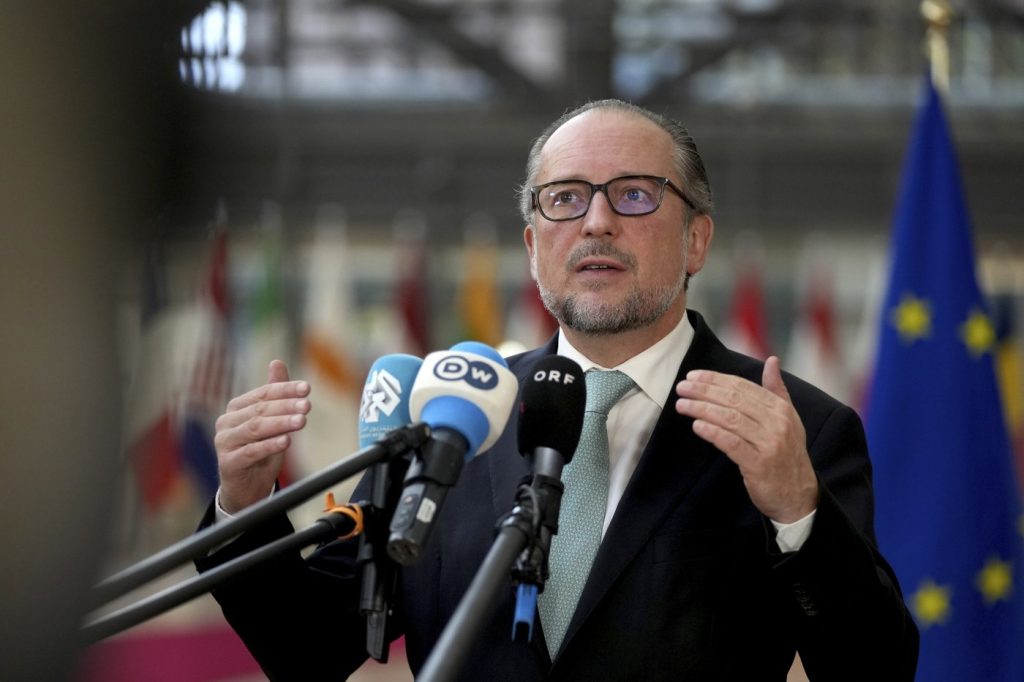Austria's political landscape is shifting as Foreign Minister Alexander Schallenberg steps in as the interim Chancellor while the far-right Freedom Party (FPÖ) embarks on coalition-building efforts following the resignation of outgoing Chancellor Karl Nehammer. Schallenberg, who is 55 years old, is tasked with overseeing the management of the chancellery and leading the interim government, as announced by President Alexander Van der Bellen's office.
Nehammer announced his resignation over the weekend after his attempts to form a coalition without the Freedom Party fell apart. His resignation is set to take effect on Friday. This shift has come on the heels of military reforms and an ongoing discussion on immigration policies in Austria, as the Freedom Party has surged to prominence in the political arena.
Schallenberg’s interim appointment marks his second brief tenure as Chancellor. He previously held the position for less than two months in late 2021 after Sebastian Kurz's resignation before returning to the Foreign Ministry. The Freedom Party’s rise to power follows its victory in Austria’s parliamentary election in September 2024, despite initial refusal from other political parties to form alliances with them.
The anti-immigration, euroskeptic, and Russia-friendly Freedom Party had won substantial support in the recent elections. However, after Nehammer's announcement of his resignation, his conservative party, the Austrian People’s Party (ÖVP), reversed its previous stance and agreed to consider collaboration with the FPÖ, led by Herbert Kickl.
Kickl has recently been mandated to attempt to form a coalition government, a process that may take several weeks or even months and is fraught with the uncertainty of success. Should this coalition succeed, it would represent the first national government led by a far-right party in Austria since World War II.
Despite his appointment in an interim capacity, Schallenberg has made it clear that he would not continue in any government under Herbert Kickl’s leadership. His decision reflects the ongoing tensions and divisions within Austrian politics as the country navigates its future governance structure in the wake of changing party dynamics.










